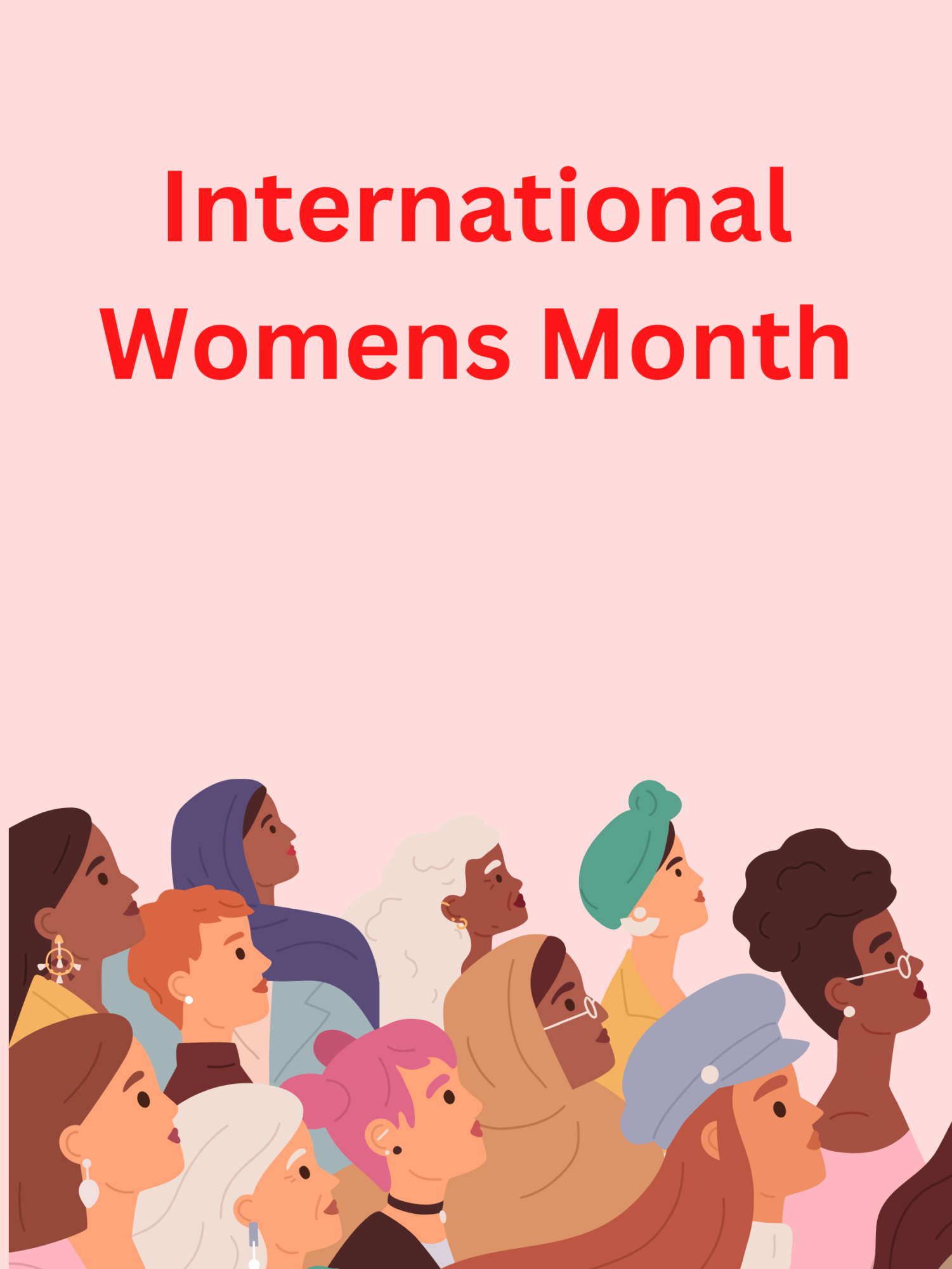In the United States, the month of March has been dubbed International Women’s Month. 31 consecutive days to celebrate all women across the globe. Starting as a week-long celebration in 1978, International Women’s Month has grown into a movement to recognize and celebrate women everywhere. But when women are continuously breaking down political and social barriers in 2025, a month hardly seems like the proper recognition.
In 1978, a local celebration started in Santa Rosa, California, by The Education Task Force of the Sonoma County Commission on the Status of Women. An unnamed task force organizer decided that March 8 would be given the title International Women’s Day. It was a day to recognize and support the contributions women make for their country. Quickly, the small celebration began to reach the rest of America.
In 1980, women part of the National Women’s History Project were finally able to lobby for national recognition. In February of that year, President Jimmy Carter proclaimed the week of March 8 as National Women’s History Week.
“I think it is important for women to be recognized across the world because we have been overlooked for so long. Some of the advancements in technology, politics, health, and science have been due to women and we don’t get enough credit for it,” junior Molly Dell said.
As International Women’s Month continues to grow across the world, so do the attributions and success of women everywhere. But one month is not enough. Since 1978, women’s rights have evolved greatly, along with all that women have accomplished around the world. While women have broken down millions of barriers- like becoming CEOs, business owners, and political leaders- all over a short period of time, women continue to be restrained to only a month of recognition.
“I do not think that one month is enough time to recognize all that women do and have done, because there are so many things that have been accomplished and should be recognized; and just a month does not give enough time and credit to these accomplishments and successes,” junior Varrah Gramling said.
The basis of the celebration is rooted in numerous women like Susan B. Anthony and Harriet Tubman. Currently, women around the world hold more than just positions of leadership, but also power and influence on the world. Women like Malala Yousafzai and Ruth Bader Ginsburg continue to be legacies for young women to look up to.
Over the course of American history, it is clear that women are always put on the backburner of equality. In 2025 especially, the rights of women are continuously put up for the government’s questioning. More now than ever, women need proper representation. “In 2025 it is important that positions of power are recognized because leadership inspires lots of people. The leadership in women has led to inclusivity and representation,” Dell said.
Every day, women across the world continue to lose their fundamental human rights. Women of all demographics, young and old, rich and poor, need to see the strength in being a woman.








